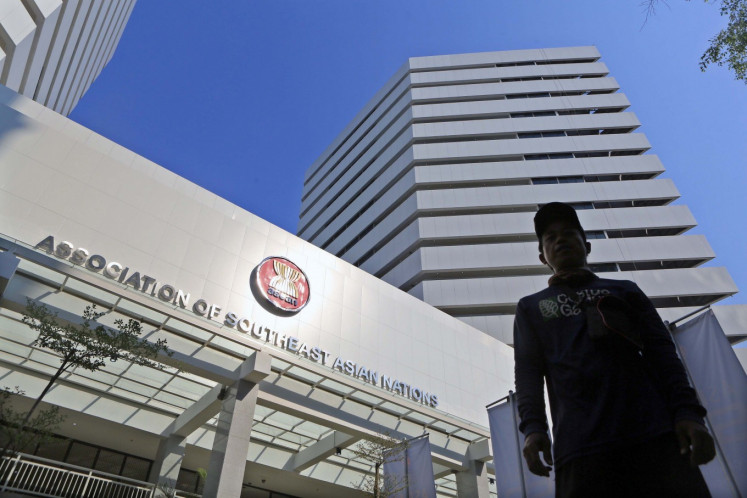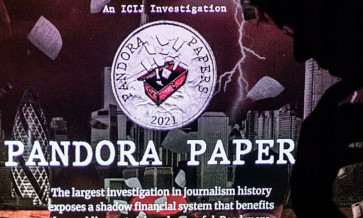Popular Reads
Top Results
Can't find what you're looking for?
View all search resultsPopular Reads
Top Results
Can't find what you're looking for?
View all search resultsUnveiling tax evasion through exchange of information
As international trade barriers continue to erode and capital flow becomes more mobile, more parties realize that the world needs a multilateral agreement to combat tax evasion at the international level.
Change text size
Gift Premium Articles
to Anyone

The mass media recently reported widely on a super-rich family buying a luxury property in Singapore at a fantastic price. The news was then linked to the need for the tax authority to ensure the fulfillment of the buyer's tax obligations through a mechanism for an international exchange of information for tax purposes, known as the exchange of information (EOI).
For a long time, cross-border tax evasion and money laundering have occurred largely due to the informational asymmetry between the country where the income is earned or the assets are located and the country where the owner of the income and assets is domiciled. This is the area where the EOI is expected to play its key role.
A country that needs information (requesting country) can request information from another country that is deemed to have the information (requested country) in accordance with the clauses stipulated in the double taxation avoidance agreement (DTAA) between the two countries. This scheme is known as exchange of information on request (EOIR). Apart from DTAA, another form of bilateral agreement that allows EOIR to occur is tax information exchange agreement (TIEA). Currently, Indonesia has 69 DTAAs which contain EOI clauses and 6 TIEAs.
As international trade barriers continue to erode and capital flows become more mobile, more parties realize that the world needs a multilateral agreement to combat tax evasion at the international level. In 1988 the Organization for Economic Co-operation and Development (OECD) and the Council of Europe succeeded in developing the Convention on Mutual Administrative Assistance in Tax Matters (the Convention), a convention that facilitates international cooperation in the field of tax transparency, including the EOIR which is regulated in Article 5 of the Convention.
An amending protocol to the Convention was concluded in 2010. Indonesia then signed it on Nov. 3, 2011, deposited the instrument of ratification on Jan. 21, 2015 and entered into force on May 1, 2015. As of March 22, 2023, there were 147 jurisdictions participating in the convention, including Singapore. This, coupled with its extensive scope, makes the convention the most comprehensive multilateral instrument available for all forms of tax cooperation to tackle tax evasion and avoidance. Through the Convention, Indonesia's EOIR network is now far-reaching beyond the networks formed through the DTAA and TIEA.
Article 6 of the Convention regulates the automatic exchange of information (AEOI). Following up on the Group of 20's request to create a Standard for the automatic exchange of financial information in tax matters, the OECD developed the so-called Common Reporting Standard (CRS). The OECD council approved CRS on July 15, 2014.
The CRS is expected to combat tax evasion and protect the integrity of the tax system by introducing a new requirement for gathering and reporting financial information. This standard requires reporting financial institutions to ask prospective customers to fill out a self-certification to obtain identity information and determine the customer's tax domicile. If the customer is domiciled outside the country/jurisdiction, the reporting financial institution is required to report information related to the account to its tax authority who subsequently will forward the report to the tax authority where the account holder is domiciled.



















